
Find Help
More Items From Ergsy search
-

What work-related requirements exist for Universal Credit claimants?
Relevance: 100%
-

Universal Credit Adjustments: What Recent Changes Mean for Claimants
Relevance: 60%
-

What is Universal Credit in the UK?
Relevance: 58%
-

Can Universal Credit be stopped or sanctioned?
Relevance: 49%
-
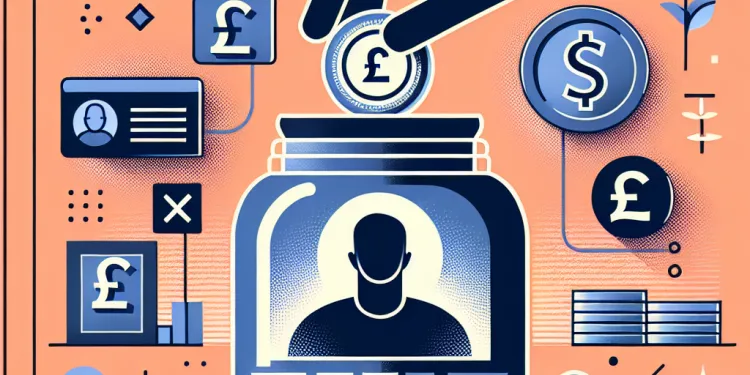
Can I apply for Universal Credit if I am self-employed?
Relevance: 47%
-

How is the Universal Credit amount calculated?
Relevance: 46%
-

How is Universal Credit paid?
Relevance: 45%
-
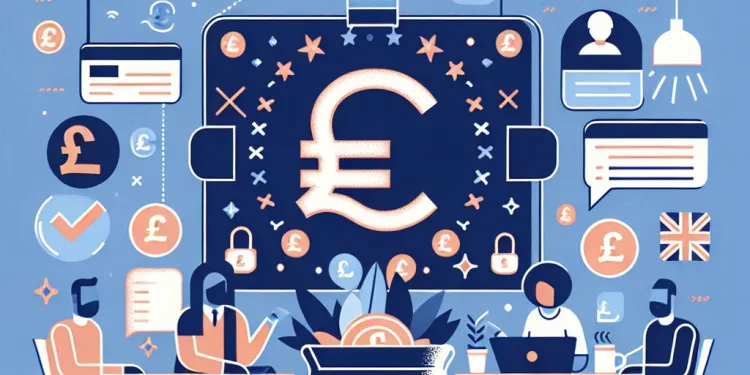
Who can apply for Universal Credit?
Relevance: 44%
-
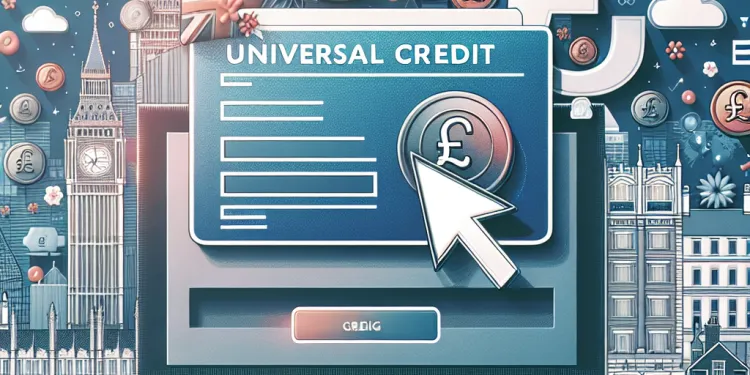
What documents are required to apply for Universal Credit?
Relevance: 44%
-
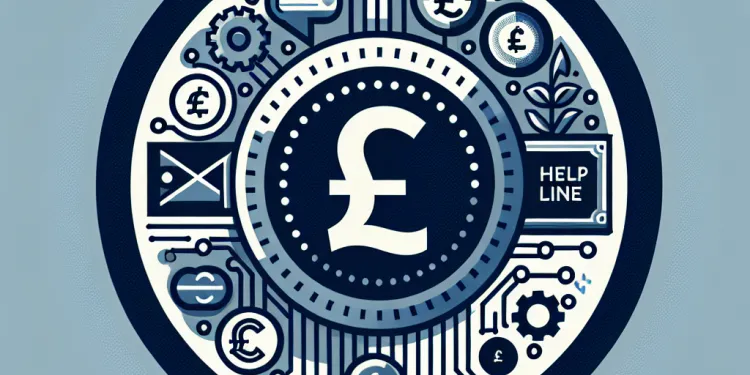
What is the Universal Credit helpline number?
Relevance: 44%
-
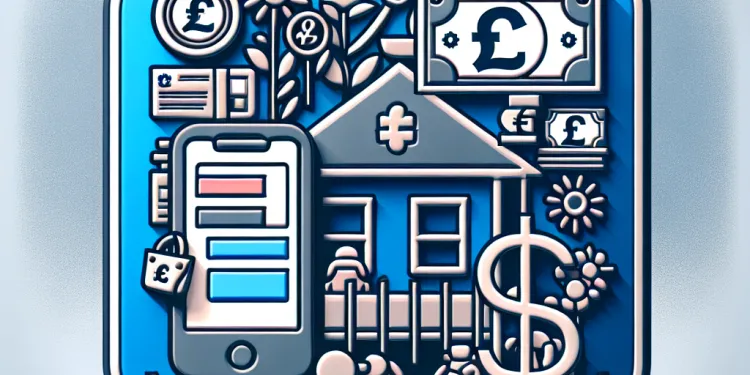
Does Universal Credit cover childcare costs?
Relevance: 43%
-

Are there any deductions from Universal Credit?
Relevance: 41%
-

Applying For Universal Credit
Relevance: 41%
-
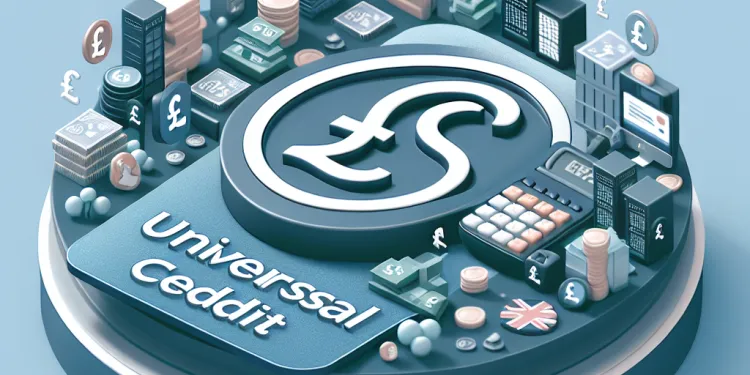
How can I apply for Universal Credit?
Relevance: 40%
-

Government Announces Increase in Universal Credit Payments Ahead of Winter
Relevance: 37%
-

Can you receive Universal Credit if you are in full-time education?
Relevance: 34%
-

What is an advance payment of Universal Credit?
Relevance: 34%
-
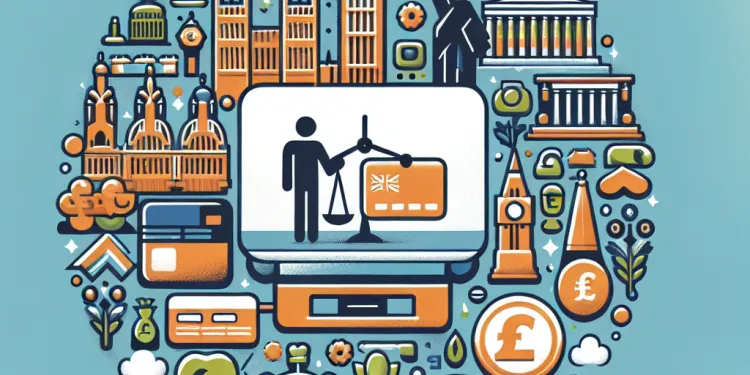
What if I disagree with a Universal Credit decision?
Relevance: 33%
-

How long does it take to receive the first Universal Credit payment?
Relevance: 32%
-

High Court Ruling on Universal Credit 'Unlawful' Cap Pending
Relevance: 27%
-

Are there changes expected for tax credits in April 2026?
Relevance: 26%
-
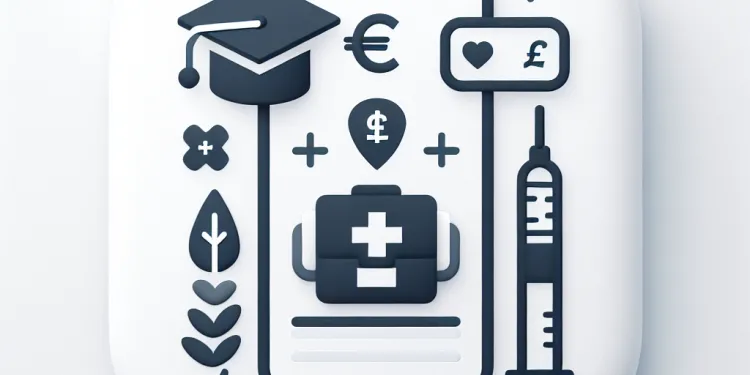
Can first aid courses be applied for college credit?
Relevance: 21%
-
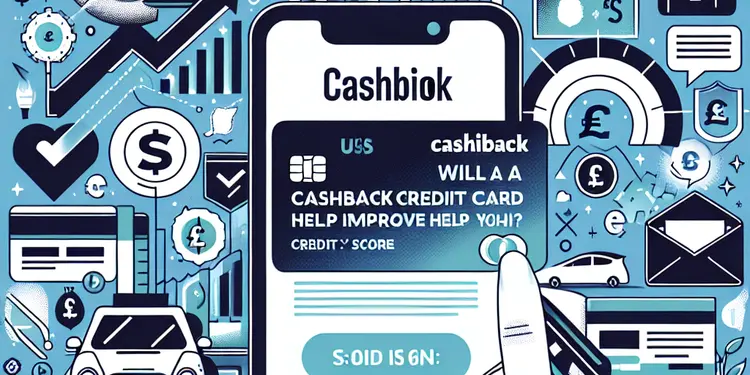
Will a cashback credit card help improve my credit score?
Relevance: 19%
-
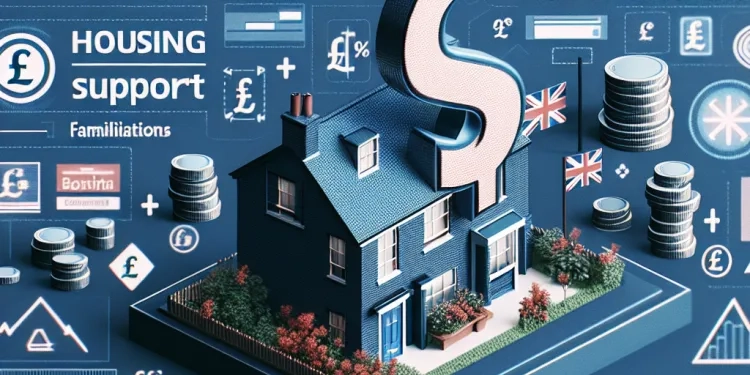
Is housing support included in Universal Credit?
Relevance: 19%
-
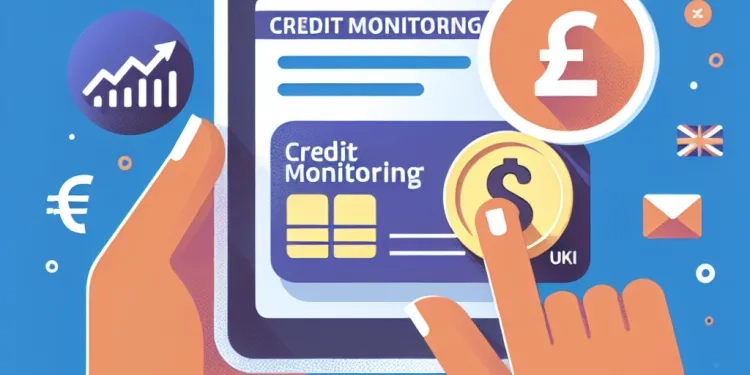
What is credit monitoring?
Relevance: 18%
-

What is credit card fraud?
Relevance: 18%
-
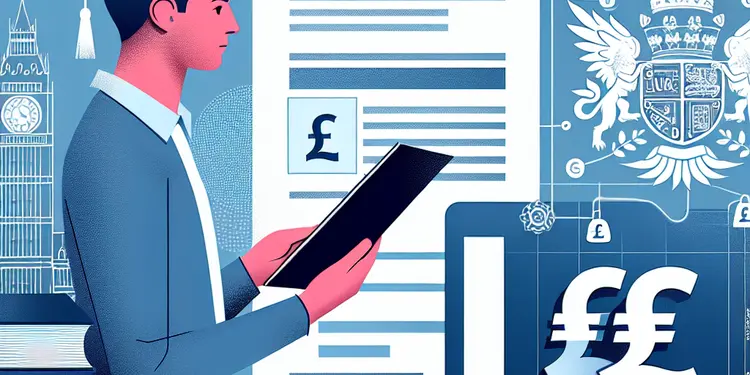
Is documentation of student status required for the payment?
Relevance: 18%
-

Credit Union tour of Wales
Relevance: 18%
-
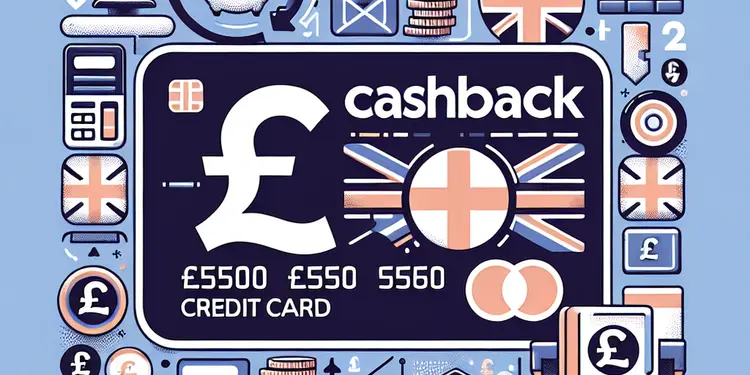
What is a cashback credit card?
Relevance: 17%
-

Will switching banks affect my credit score?
Relevance: 17%
-

Is a cashback credit card right for me?
Relevance: 17%
-
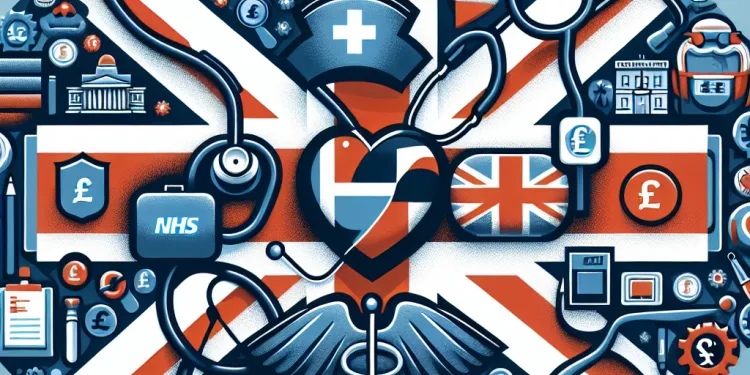
What are the basic educational requirements to become an NHS nurse?
Relevance: 17%
-

What is a Balance Transfer Credit Card?
Relevance: 17%
-

What happens if I have a credit on my account?
Relevance: 17%
-

Is there a minimum age requirement to start nurse training?
Relevance: 17%
-
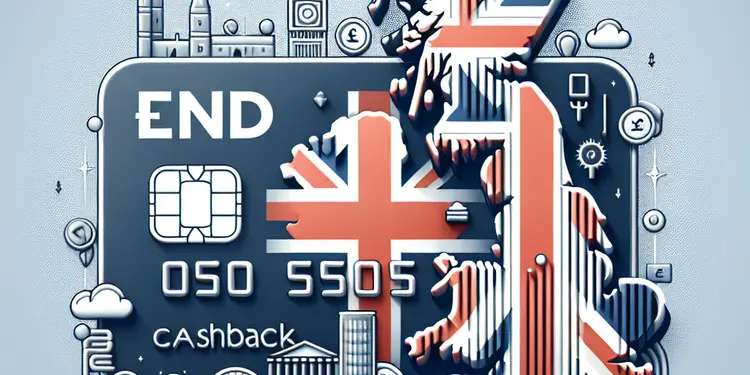
What should I look for in a cashback credit card?
Relevance: 17%
-

Will switching banks affect my credit score?
Relevance: 17%
-

How does Universal Credit affect other benefits?
Relevance: 17%
-
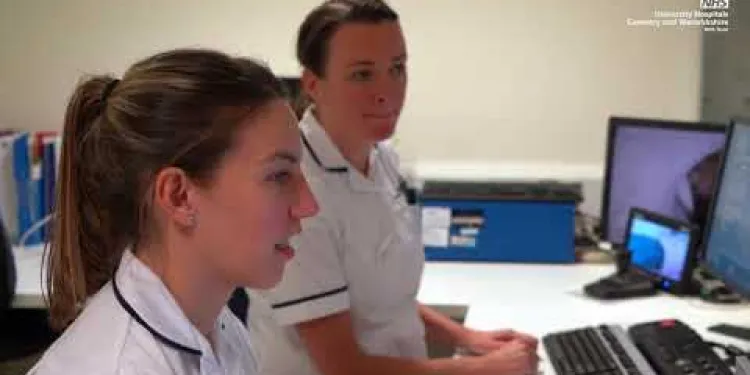
Radiotherapy Services at University Hospital
Relevance: 17%
-

How does a cashback credit card work?
Relevance: 17%
Introduction to Universal Credit Work-Related Requirements
Universal Credit is a welfare benefit in the UK designed to support individuals and families with their living costs while they seek employment or increase their income. One of the core aspects of Universal Credit is its work-related requirements, which aim to encourage claimants to find a job, increase their working hours, or improve their skills. These requirements vary depending on an individual's circumstances, including their capability to work, household situation, and income level.
Understanding Work-Related Groups
Claimants are categorized into different work-related groups based on their personal circumstances. Each group has specific requirements that aim to help claimants improve their employability or earnings. The four main groups are:
1. No Work-Related Requirements
Some claimants are not expected to prepare for or look for work. This group typically includes individuals such as those with serious health conditions, primary caregivers of young children or a severely disabled person, or those above the State Pension age. These claimants can focus on recovery or caregiving without the obligation to seek employment.
2. Work-Focused Interview Requirement Only
Individuals in this category must attend periodic interviews with a work coach. The aim is to discuss their current situation, explore potential job opportunities, and receive support in preparing for work. This group often includes lone parents with a child between the ages of one and two or those with caring responsibilities that limit their availability for work.
3. Work Preparation Requirement
Claimants with limited capability for work or a child aged between two and one are often placed in this group. They are required to engage in activities that help them prepare for employment, such as attending training sessions, acquiring new skills, or writing a CV. The focus is on gradually readying them for the job market.
4. All Work-Related Requirements
This group includes individuals who are capable of working or actively seeking work. They must fulfill various requirements, such as applying for jobs, attending interviews, increasing work hours, or participating in job search activities. The aim is to assist claimants in finding employment or enhancing their current job situation to achieve a sustainable income level.
Sanctions for Non-Compliance
Failure to comply with work-related requirements can result in sanctions. These may involve a reduction or suspension of the benefit payment. Sanctions are intended to enforce compliance and encourage claimants to actively pursue employment opportunities. It's crucial for claimants to understand their specific requirements and maintain communication with their work coach to avoid sanctions.
Conclusion
Universal Credit's work-related requirements provide a structured approach to helping claimants enhance their employability and financial independence. By understanding and fulfilling these requirements, claimants can improve their chances of finding suitable work and achieving a stable financial future. It's important for claimants to engage with their work coaches and stay informed about their obligations to maximize their benefit from the system.
Introduction to Universal Credit Work-Related Requirements
Universal Credit is money from the UK government. It helps people who need it, like those looking for a job or wanting to earn more money. It also has rules about work. These rules help you find a job, work more hours, or learn new skills. The rules are different for everyone. They depend on things like if you can work, your family, and how much money you have.
Understanding Work-Related Groups
People getting Universal Credit are put into different groups. Each group has different work rules to help you earn more money or find a job. There are four main groups:
1. No Work-Related Requirements
Some people don’t have to look for a job. This might be because they are sick, take care of young children or someone disabled, or are old enough for a pension. These people focus on getting better or caregiving.
2. Work-Focused Interview Requirement Only
People in this group must talk to a work coach sometimes. They talk about how they can find a job and get help with this. This group often includes single parents with a child who is one to two years old or people who care for someone and can’t work much.
3. Work Preparation Requirement
People with some work limitations or a child between two and one years old are in this group. They need to do things to get ready for work. This includes training, learning new skills, or making a CV. The idea is to help them get ready to find a job.
4. All Work-Related Requirements
This group is for people who can work or are looking for work. They need to apply for jobs, go to interviews, work more hours, or do things to find a job. The goal is to help them get a job or improve their current job so they can earn enough money.
Sanctions for Non-Compliance
If people do not follow the work rules, they might get in trouble, called sanctions. This could mean getting less money or no money for a while. Sanctions are used to make sure people follow the rules and try to find work. It is very important to understand your rules and keep in touch with your work coach to avoid sanctions.
Conclusion
Universal Credit's work rules are there to help you find a job and earn your own money. By knowing and following these rules, you can get a job and have a better financial future. It is important to talk with your work coach and know what you need to do to get the most help from Universal Credit.
Frequently Asked Questions
What is Universal Credit?
Universal Credit is a social security payment designed to assist with living costs for those on low income or who are out of work.
Are there work-related requirements for Universal Credit claimants?
Yes, there are various work-related requirements depending on individual circumstances such as age, health, and family status.
What is a claimant commitment?
A claimant commitment is an agreement that sets out the specific activities a Universal Credit claimant must do to receive payments.
Do all Universal Credit claimants have to look for work?
Not all claimants have to look for work. It depends on factors like caring responsibilities, health conditions, and ability to work.
What are the different work-related activities required under Universal Credit?
Work-related activities can include job searching, attending interviews, training, or work placement programs.
How many hours must a claimant work under Universal Credit?
The number of hours a claimant is expected to work or look for work varies based on personal circumstances, such as being a single parent or having a health condition.
What happens if I do not meet my claimant commitment?
Failing to meet the conditions in your claimant commitment without a valid reason could lead to sanctions, which might reduce your benefits.
Can my work-related requirements change?
Yes, work-related requirements can change if your circumstances change, and you'll need to discuss these changes with a work coach.
What is a work-focused interview?
A work-focused interview is a discussion with a work coach to help you prepare for work, improve your job skills, and meet your claimant commitment.
Do I have to apply for a specific number of jobs under Universal Credit?
While there's no specific number of jobs you must apply for, you are expected to make reasonable efforts to find work in line with your claimant commitment.
What documentation do I need to provide for work-related activities?
You may need to provide evidence of job applications, interviews, and participation in any work-related activities as part of your claimant commitment.
Are there exemptions from work-related requirements?
There are exemptions, including having health conditions, being over pension age, or being a full-time carer.
How can I get support with job searching while on Universal Credit?
Your work coach may offer advice and resources for job searching, and you can also access online job portals and workshops.
What support is available for parents claiming Universal Credit?
Support for parents can include work-related requirements tailored to childcare needs, help with childcare costs, and flexible hours.
Can my health condition affect my work-related requirements?
Yes, if you have a health condition, your work-related requirements may be adjusted accordingly, and you might be placed in a no work-related requirements group.
What is the 'no work-related requirements' group under Universal Credit?
This group includes those not required to look for or prepare for work, often due to health issues, disability, or other significant barriers.
What are 'light work' requirements?
Light work requirements apply to claimants with some limitations due to parenting responsibilities or health conditions, requiring minimal job-searching activities.
What should I do if I disagree with my claimant commitment?
If you disagree with your claimant commitment, discuss your concerns with your work coach to seek a revision based on your circumstances.
Can I access job training programs through Universal Credit?
Yes, Universal Credit includes access to various training and skills development programs to support claimants in achieving employment.
How are work-related requirements monitored under Universal Credit?
Work-related requirements are monitored through regular appointments with a work coach and by reviewing the evidence of activities you provide.
What is Universal Credit?
Universal Credit is money from the government. It helps people who do not have a job or do not earn enough money.
If you need help, you can talk to someone who knows about Universal Credit. You can also use tools like videos or pictures to understand better.
Universal Credit is money from the government. It helps people who don't earn much or don't have a job. This money is for living costs.
Do you need to do any work things to get Universal Credit?
Yes, there are different things people need to do for work. It depends on how old you are, how healthy you are, and if you have a family.
What is a claimant commitment?
A claimant commitment is a plan you make with your job center. It shows what you will do to get a job or earn more money.
The plan is important because it helps you know what to do to get your benefits. Your job center can help you understand your plan.
If you find reading hard, you can ask someone you trust to read it with you. You can also ask your job center to explain it to you.
A claimant commitment is an important agreement. It lists the things a person must do to get Universal Credit payments. Universal Credit helps people who don’t have enough money.
Do all people on Universal Credit have to find a job?
No, not everyone has to. It depends on your situation.
- Some people need to look for a job.
- Some people don’t have to because of health or family reasons.
If you are not sure, ask someone who can help, like a support worker or a family member. You can also talk to someone at the Job Centre.
Not everyone has to look for a job. This depends on things like if you take care of someone, if you have health problems, or if you can work.
What jobs do you need to do with Universal Credit?
Universal Credit is money to help you if you don’t have a job or don’t earn enough. But there are some things you need to do:
- Look for Work: You might need to spend some hours looking for a job.
- Go to Meetings: You might have to talk to a work coach who can help you get a job.
- Train or Learn: You might need to take classes to learn new things for a job.
- Work Part-Time: If you have a part-time job, you might need to still look for more work.
Tip: Use easy-to-read websites or apps to help you find jobs and keep track of your job search. Ask your work coach if you need help.
Work activities can be things like looking for a job, going for job interviews, learning new skills, or joining work programs.
How Many Hours Should You Work on Universal Credit?
If you get Universal Credit, you might wonder how many hours you need to work. Here’s what you should know: - There is no set number of hours you must work. - The right amount of work depends on your own situation. **Helpful Tips:** - Talk to your work coach. They can help you make a good plan. - Use a calendar to track how many hours you work. - Ask someone to help if you find it hard to count your work hours.How many hours you need to work or search for a job can be different for each person. It depends on your situation, like if you are a single parent or if you have a health condition.
What if I don't do what I promised?
If you can't do what you said you would do, tell someone as soon as you can. They might be able to help. You can ask a friend or family for help if it's hard to explain.
Here are some tools that might help:
- Write down what you did and what you find hard.
- Use a calendar to remind you when to do things.
- Ask someone to explain anything you don't understand.
If you don't do what you agreed to in your plan without a good reason, you might get a penalty. This penalty could make your benefits go down.
Ask someone you trust for help if you find these letters hard to read. You can also use text-to-speech tools to hear the words instead of reading them.
Can my work tasks change?
Yes, your work rules can change if your life changes. You will need to talk about these changes with a work coach.
What is a work-focused interview?
A work-focused interview is a meeting. It's about jobs and work. You talk to someone about finding a job. They help you with work plans.
Tools that can help you:
- Bring a friend or helper to the meeting.
- Make a list of questions about jobs.
- Write down what you talk about in the meeting.
A work-focused interview is a talk with someone who helps you get ready for a job. They help you learn new work skills and keep your job promises.
Do I need to apply for a certain number of jobs with Universal Credit?
There is no set number of jobs you must apply for. But you should try your best to find work. This should match what you agreed to do to get your benefits.
What papers do I need to show for work things?
You need to bring some papers to show when you do work stuff. Here is what to bring:
- ID: A paper that says who you are, like a driver's license or passport.
- Work Papers: Things like a job contract or a letter from your boss.
- Certificates: Any special papers that show what you can do, like a training certificate.
If you need help, you can ask someone you trust, like a friend or support worker, to go through these papers with you.
You might have to show proof that you are trying to get a job. This can include showing that you have applied for jobs, gone to interviews, and taken part in work activities as part of your promise to look for work.
Do some people not have to do work-related activities?
Some people do not have to do this. You do not have to if:
- You have a health problem.
- You are older than the age for getting a pension.
- You look after someone all the time.
It can help to use tools that make reading easier. You could try using text-to-speech software to listen to the words being read out loud. You could also try using colored overlays or different fonts to make the words clearer.
How can I get help looking for a job if I get Universal Credit?
If you get Universal Credit, you can get help to find a job.
Here are some ways to get help:
- Talk to your work coach. They can give you tips and advice.
- Use the Jobcentre where you can find computers and job lists.
- Try online job websites where you can look for jobs.
- Ask friends or family if they know about job openings.
Remember to ask for help if you find things hard. It's okay to ask questions!
Your work coach can help you find a job. They can give you tips and show you where to look. You can also use websites to search for jobs. There are classes and workshops that can help you too.
What help can parents get with Universal Credit?
If you are a parent and you get Universal Credit, there is help for you. Here are some ways you can get support:
- Extra Money: You might get more money if you have children or if you look after someone.
- Childcare Costs: You can get help to pay for childcare if you work.
- Support Worker: Some people can talk to a worker who helps them understand the money they get.
- Free School Meals: Your children might get free meals at school if you get Universal Credit.
Here are some things that can help:
- Ask for Help: Talk to someone who knows about Universal Credit, like a support worker.
- Use Easy Words: Look for information that uses simple words.
- Read Slowly: Take your time and read bit by bit.
Parents can get help with things like working and taking care of their children. This help can include:
- Jobs that fit with looking after kids
- Money to help pay for childcare
- Flexible working hours
If you need more help, you can use tools like calendars to plan your time or apps to remind you of important things. You can also ask friends or family for support.
Can my health condition change what I have to do for work?
If you have a health problem, the things you have to do for work may change. You might not have to do any work things at all.
What is the 'no work-related requirements' group in Universal Credit?
The 'no work-related requirements' group means you do not have to look for a job or work to get Universal Credit.
This group is for people who cannot work because they are sick, have a disability, or need to look after someone.
If you are in this group, you still get help with money from Universal Credit.
To learn more or get help, you can talk to someone at a Jobcentre or use an online guide like Citizens Advice.
This group includes people who do not have to find a job or get ready for work. This can be because they have health problems, a disability, or other big challenges.
What does 'light work' mean?
'Light work' means doing easy jobs. These jobs are not too hard or too heavy.
You might lift light things or sit a lot. It's jobs that don't make you too tired.
If you find reading hard, you can:
- Ask someone to read it with you.
- Use online tools that read words out loud.
- Look at pictures that show the idea.
If you have kids to take care of or have health problems, you might not have to look for a job very hard. You will only need to do a little job searching.
What can I do if I don't agree with my claimant promise?
If you don't agree with what you have to do for your benefits, you should talk to your work coach. Tell them what you don't like. You can ask them to change it.
If you need help to understand, you can ask a friend, family member, or support worker. They can help you explain how you feel.
It might help to write down why you disagree before your meeting. This can help you remember what to say.
If you do not agree with your plan, talk to your work coach. Tell them why you think it should change. They can help you make it better for you.
Can I get help learning new skills with Universal Credit?
If you get Universal Credit, you can get help to learn new skills for a job. You can join special programs that teach you things like computer skills or how to work in a store.
Ask your work coach about these programs. They can help you find the right one. They can also give you tips to make it easier.
You can use tools like videos and apps to help you learn. It's important to practice what you learn.
Yes, Universal Credit gives you chances to learn new things and get better skills. This helps you find a job.
How does the government check your work tasks with Universal Credit?
People will check your work tasks by meeting with you often. This will be with a person called a work coach. You need to show them proof of what you have done.
Useful Links
Have you found an error, or do you have a link or some information you would like to share? Please let us know using the form below.
-->
This website offers general information and is not a substitute for professional advice.
Always seek guidance from qualified professionals.
If you have any medical concerns or need urgent help, contact a healthcare professional or emergency services immediately.
Some of this content was generated with AI assistance. We’ve done our best to keep it accurate, helpful, and human-friendly.
- Ergsy carfully checks the information in the videos we provide here.
- Videos shown by Youtube after a video has completed, have NOT been reviewed by ERGSY.
- To view, click the arrow in centre of video.
- Most of the videos you find here will have subtitles and/or closed captions available.
- You may need to turn these on, and choose your preferred language.
- Go to the video you'd like to watch.
- If closed captions (CC) are available, settings will be visible on the bottom right of the video player.
- To turn on Captions, click settings .
- To turn off Captions, click settings again.
More Items From Ergsy search
-

What work-related requirements exist for Universal Credit claimants?
Relevance: 100%
-

Universal Credit Adjustments: What Recent Changes Mean for Claimants
Relevance: 60%
-

What is Universal Credit in the UK?
Relevance: 58%
-

Can Universal Credit be stopped or sanctioned?
Relevance: 49%
-

Can I apply for Universal Credit if I am self-employed?
Relevance: 47%
-

How is the Universal Credit amount calculated?
Relevance: 46%
-

How is Universal Credit paid?
Relevance: 45%
-

Who can apply for Universal Credit?
Relevance: 44%
-

What documents are required to apply for Universal Credit?
Relevance: 44%
-

What is the Universal Credit helpline number?
Relevance: 44%
-

Does Universal Credit cover childcare costs?
Relevance: 43%
-

Are there any deductions from Universal Credit?
Relevance: 41%
-

Applying For Universal Credit
Relevance: 41%
-

How can I apply for Universal Credit?
Relevance: 40%
-

Government Announces Increase in Universal Credit Payments Ahead of Winter
Relevance: 37%
-

Can you receive Universal Credit if you are in full-time education?
Relevance: 34%
-

What is an advance payment of Universal Credit?
Relevance: 34%
-

What if I disagree with a Universal Credit decision?
Relevance: 33%
-

How long does it take to receive the first Universal Credit payment?
Relevance: 32%
-

High Court Ruling on Universal Credit 'Unlawful' Cap Pending
Relevance: 27%
-

Are there changes expected for tax credits in April 2026?
Relevance: 26%
-

Can first aid courses be applied for college credit?
Relevance: 21%
-

Will a cashback credit card help improve my credit score?
Relevance: 19%
-

Is housing support included in Universal Credit?
Relevance: 19%
-

What is credit monitoring?
Relevance: 18%
-

What is credit card fraud?
Relevance: 18%
-

Is documentation of student status required for the payment?
Relevance: 18%
-

Credit Union tour of Wales
Relevance: 18%
-

What is a cashback credit card?
Relevance: 17%
-

Will switching banks affect my credit score?
Relevance: 17%
-

Is a cashback credit card right for me?
Relevance: 17%
-

What are the basic educational requirements to become an NHS nurse?
Relevance: 17%
-

What is a Balance Transfer Credit Card?
Relevance: 17%
-

What happens if I have a credit on my account?
Relevance: 17%
-

Is there a minimum age requirement to start nurse training?
Relevance: 17%
-

What should I look for in a cashback credit card?
Relevance: 17%
-

Will switching banks affect my credit score?
Relevance: 17%
-

How does Universal Credit affect other benefits?
Relevance: 17%
-

Radiotherapy Services at University Hospital
Relevance: 17%
-

How does a cashback credit card work?
Relevance: 17%


